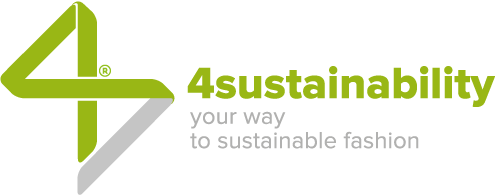Sustainable development, to mention the well-known UN Brundtland Report, is development that meets the needs of the present without compromising the ability of future generations to meet their own needs. It is development able to combine profit with respect for the planet and the individual, and it finds its ideal synthesis in the 17 United Nations Sustainable Development Goals (SDGs).
Those who adhere to sustainable development principles should start a journey that requires vision, method, ability to involve their suppliers and pursue transparency, as well as to test themselves by interpreting the sustainability challenge as an input to product and process innovation.
If the commitment is real, supported by performance subjected to reliable measurement systems, the reward for those who put it into practice is great: in terms of reputation, quality of relations with stakeholders, and competitive advantage. All this is decreed by consumers and the market, which prefer genuinely sustainable companies – of all sizes and sectors – at the expense of laggards and those who limit themselves to mere declarations of intent.
The fashion & luxury industry is more interested in the phenomenon than others, due to pollution damages resulting from the massive use of water and energy resources and harmful chemicals. Compared to 15 years ago, we also know that the average consumer buys 60% more garments keeping them for about half time. In the future, the clothing and footwear consumption will increase from the current 62 million tons to 102 million in 2030, bringing to +50% water consumption and to +60% the carbon dioxide emissions and waste production.
To continue on this path would be a self-defeating choice, at least, with a direct impact on business profits. To change one’s behavior, on the contrary, would bring 160 billion euros to companies: Global Fashion Agenda tells us that keeping water consumption constant worths 32 billion; reducing waste production worths 4 billion and controlling CO2 emissions 67 billion.
Heavy numbers … But numbers can also become a powerful ally, capable of bringing out the merit and distinguishing those who take the commitment seriously from greenwashing professionals. The condition, of course, is that data and information are truthful, collected, processed, monitored and communicated with regularity and transparency.
This is the challenge that fashion shall face now. If the last ten years have served to outline the direction, developing methods and solutions for change, we should dedicate the next ten years to improve and measure performance through reliable and shared systems.
The Sustainability Report is the document in which the so-called KPIs – Key Performance Indicators naturally converge (or should do it). If realized with method, the Report is a powerful tool for communicating with customers and defining and implementing sustainable development actions. Therefore, it is not a point of arrival, but a recurring appointment for every company that, wanting to grow by integrating ethics and business, recognizes the need to measure and re-measure itself in maximum transparency.
Built by Process Factory on these principles, the 4sustainability Reporting Protocol is characterized by a strong methodological approach, the involvement of all company functions and the process centrality. It is a rigorous action plan referred to SDGs and the UN Global Compact in both inspiration and objectives, aligned with the GRI – Global Reporting Initiative standard, structured on data collection for KPIs and today supported by an IT platform for their collection and traceability. It is a process designed and implemented to raise the Sustainability Report from a mere institutional communication tool to a guide for value generation.
Process Factory looked for a partner capable of technologically supporting its 4sustainability Reporting Protocol and has found Fabrica Lab, a company specialized in designing Business Intelligence and Big Data solutions, Data Integration Tools, Product Lifecycle Management, Corporate Performance Management and Identity and Access Management.
Joining human resources and skills has produced a new collaborative and multichannel web software that innovates in terms of both concept and technology an often still manual process. The ultimate goal of the platform, which will be presented shortly with special reference to the fashion & luxury sector, is to optimize reporting activities, simplifying data compilation and making this process more accurate and rapid, and more solid the complex of information.
That’s what companies need, ultimately: effective and smart tools, easy to be used use and capable of concretely supporting the improvement of sustainability performance.
Francesca Rulli, Founder & CEO Process Factory / 4sustainability®

